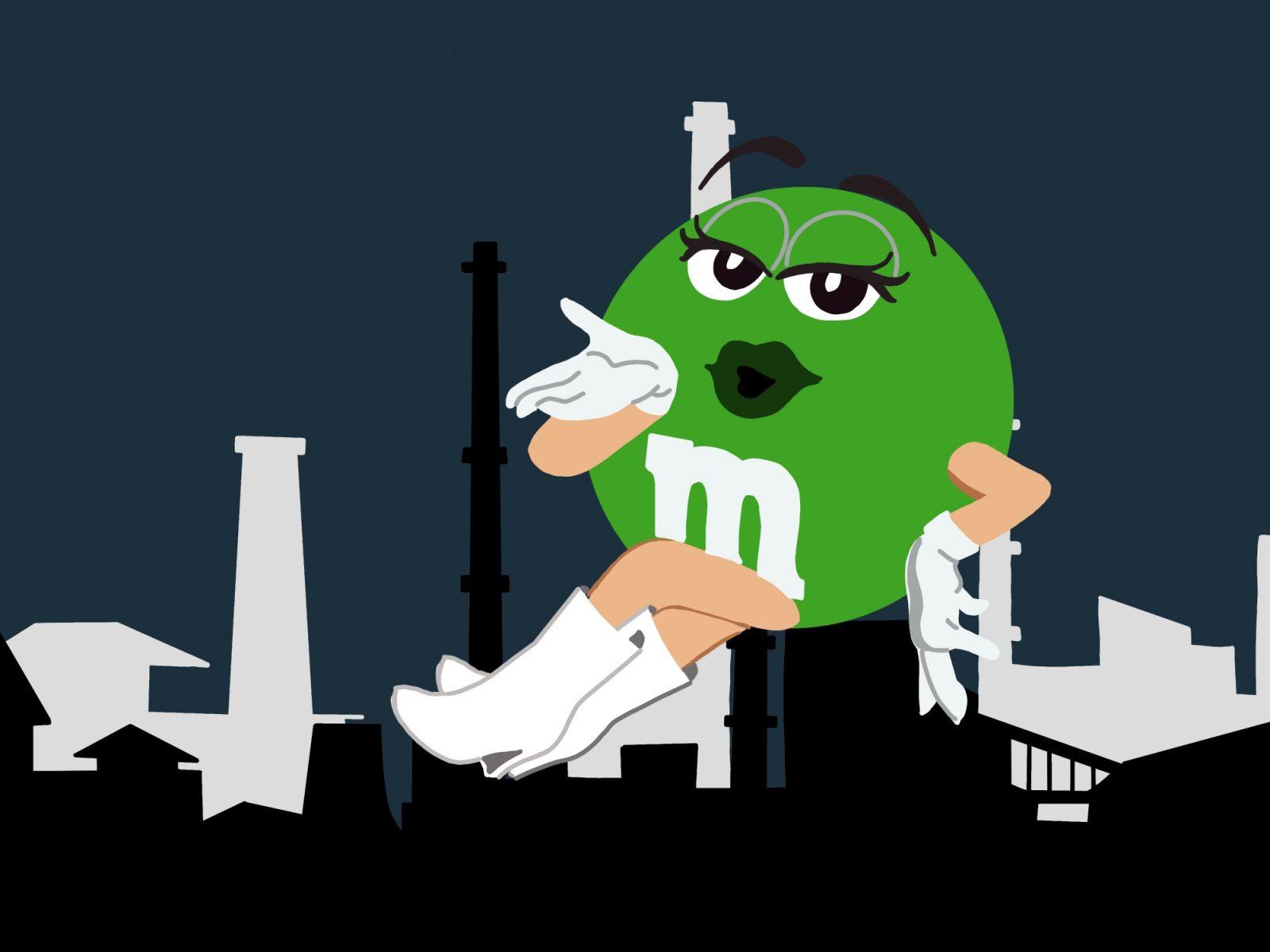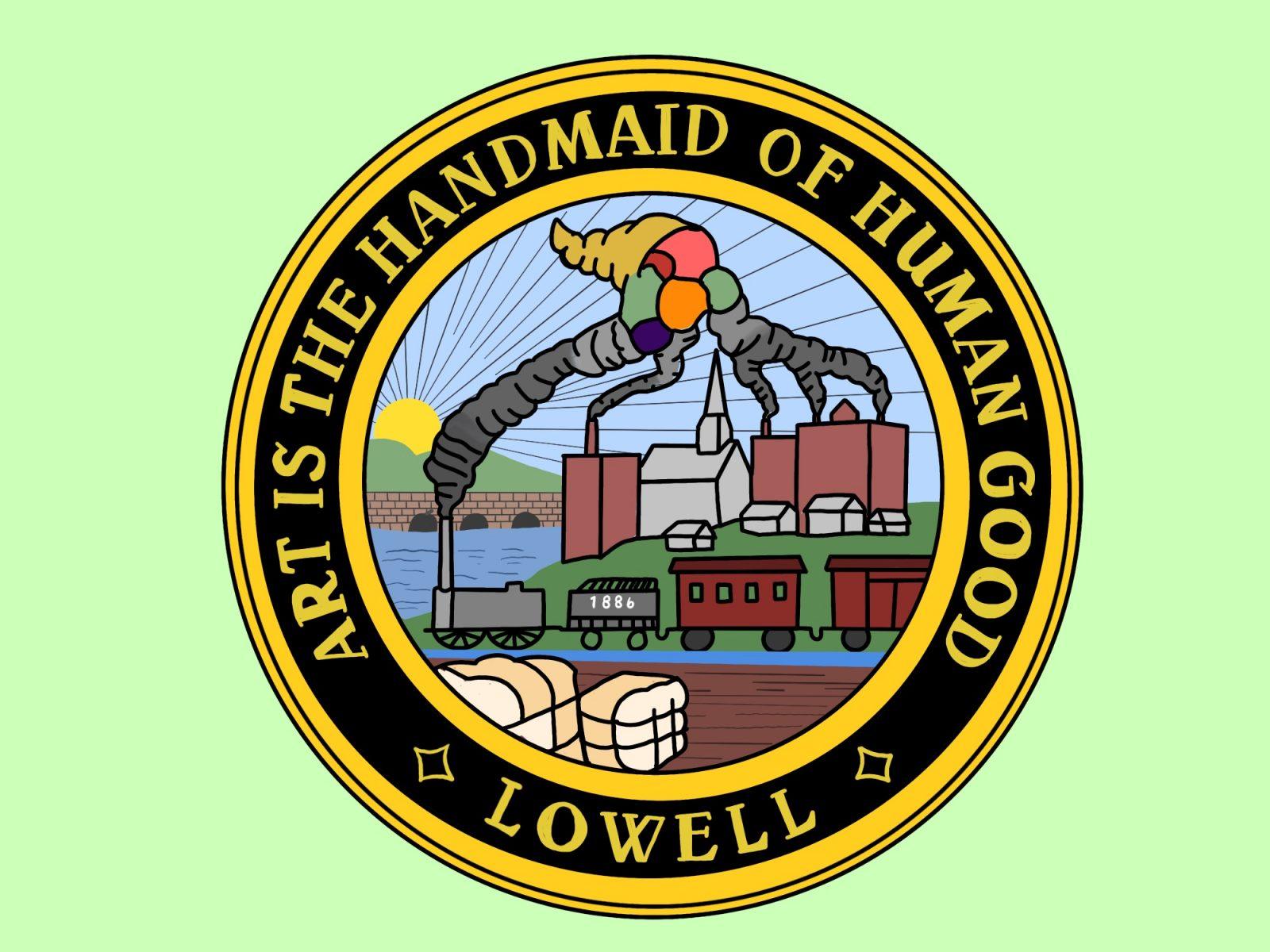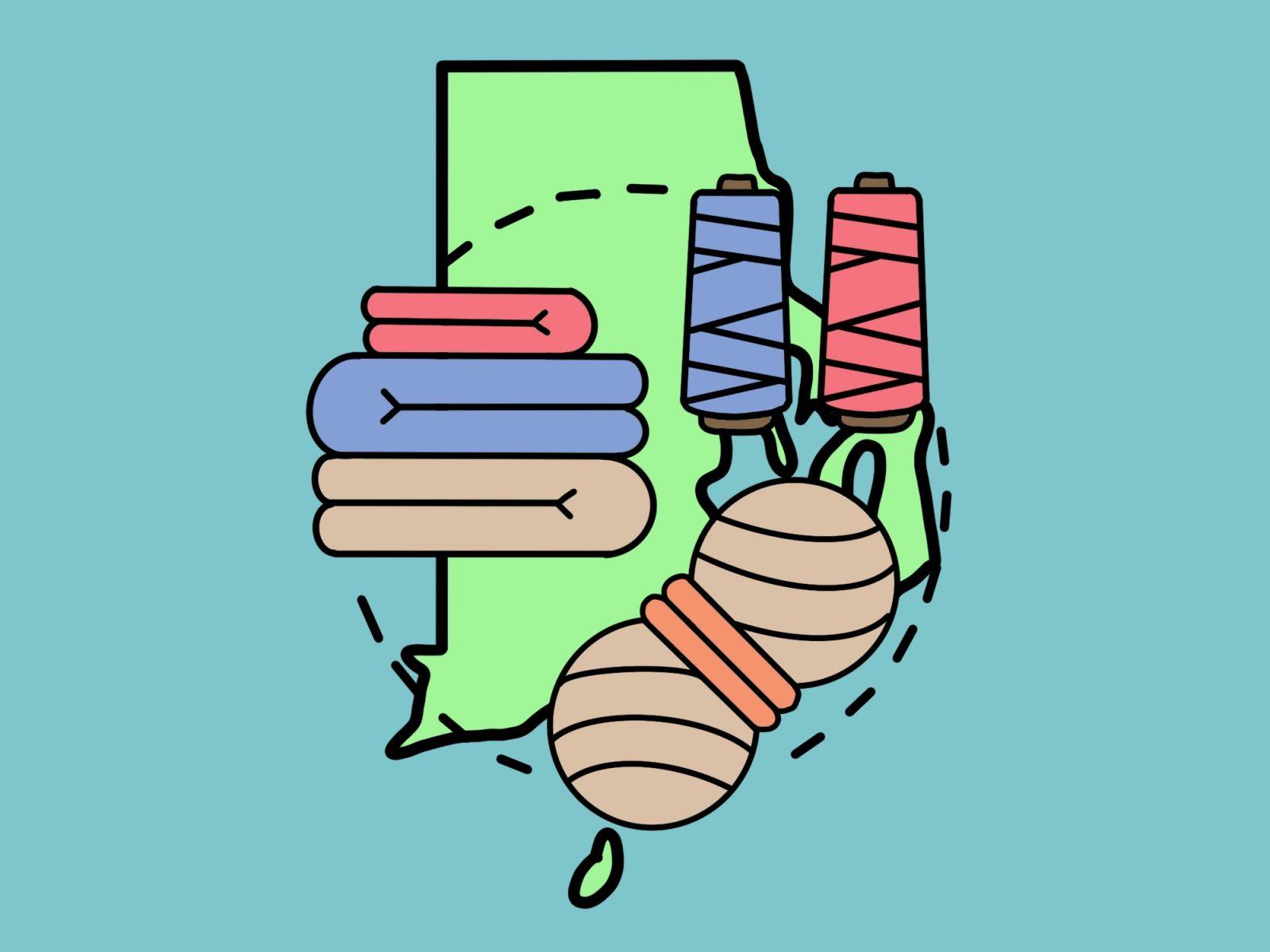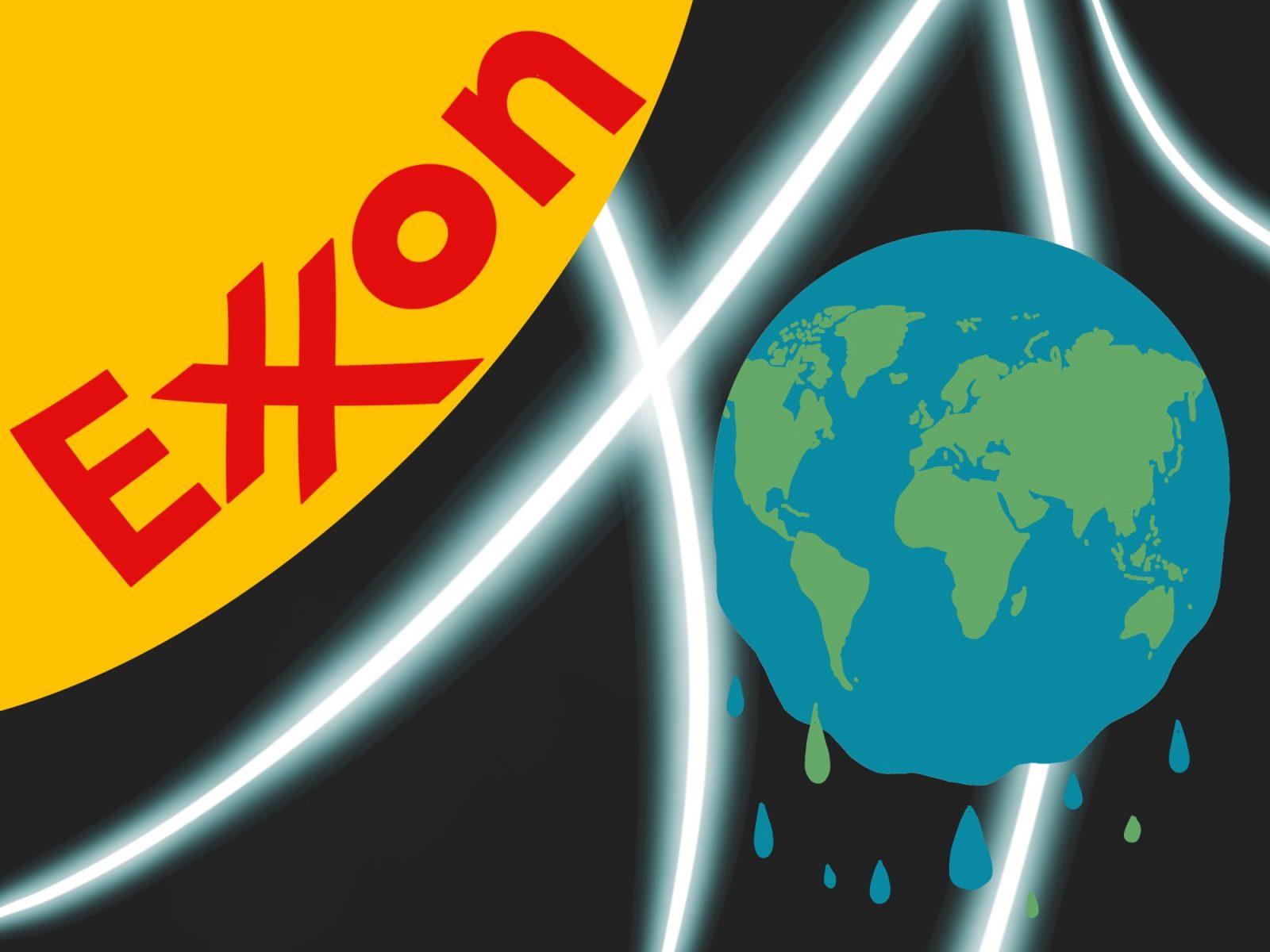International Rights Advocates filed a lawsuit in 2021 against three of the largest American chocolate corporations on the behalf of eight young adults from Mali who were formerly enslaved as children on a cacao plantation in Cote d’Ivoire. Mars, Hershey and Nestle each source cacao from plantations where child slavery is practiced.
Before delving into the events that unfolded after this lawsuit’s announcement, first, indulge with me in an experiment.
You’re a member of an alien species. Long ago, your kind advanced far enough technologically to eliminate the scarcity of resources by harnessing all necessary energies from your planet, granting the entire population a dignified standard of living. Now, unburdened by ceaseless wars over resources, you explore the stars to seek others like you and share in your prosperity.
You arrive at planet Earth and fix your telescope upon it.
On one continent, you watch children as young as five years-old slaving up to 14 hours a day to harvest cacao plants. They work with machetes and chainsaws, frequently injuring themselves, and are subjected to inhaling toxic pesticides without any protective equipment. They are threatened by overseers who beat them when they fall out of line.
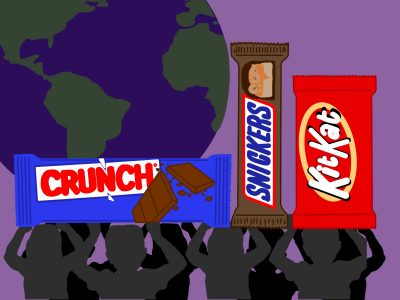
The Ivory Coast has a minimum wage of approximately $7 dollars per day. The child laborers, like nearly a quarter of all cacao harvesters, are paid nothing. The young workers have no means of recourse, with most coming from neighboring countries in search of work to feed their families — instead they were enslaved.
Imagine you now turn to another continent across the sea to find a sprawling network of homes large enough to house small villages. Each is inhabited by single families, and are spanned along a network of roads traversed by machines pumping noxious gas into the atmosphere. Interspersed along the network, there are strip malls and department stores, both selling purposeless consumer products, including hundreds of different brands and flavors of chocolate.
In this country called the United States, the minimum wage is $7.25 an hour. Here, more people die from obesity than hunger every year, which is partially enabled by the sugary confections sourced from slave labor an ocean away.
Finally, you observe that the average American’s standard of living far surpasses the average Ivorians, and yet, thousands of Americans live on the streets begging for food. Meanwhile some Ivorians are multimillionaires living luxuriously off the backs of their enslaved countrymen.
Okay, pause the experiment. How would they feel about Earth’s sole intelligent species? Unfortunately, the aliens would probably be forced to conclude that we’re all unempathetic, inconsiderate, cold and callus lifeforms.
However, imagine the aliens beamed an average American up into their spacecraft — one who eats a little too much chocolate — and gave them a front row seat to watch the plantations where their favorite sweet treats came from.
They’d be shocked and alarmed, maybe even burst into tears, especially if they themselves had small children. An exasperated alien then might implore the American:
“Why does this happen!?”
“Why is this tolerated!?”
The poor American might cry saying that they didn’t know, or even if they had some inkling of an idea, were powerless to do anything. After all, they spent most of their time doing exactly what those child slaves do — working hard to keep their families fed.
Now the alien would really be confused. If the average person isn’t operating solely off of selfishness, why does it seem Earth’s bountiful resources have been distributed by one who does?
The Mars, Hershey and Nestle lawsuit was dismissed by the U.S. Supreme Court in an 8-1 vote, because the court ruled that the former slaves had no standing since their alleged abuses occurred outside the U.S. — despite the fact that collectively, the questioned companies contributed nearly half a trillion dollars to the U.S. GDP and their products are consumed by the vast majority of Americans.
Herein lies the answer to the alien’s first question. Humans aren’t single minded seekers of self interest, but our current economic and political institutions, however, very much are. The logic of inexorable profit pursuit and concentration of power is capable only of considering human suffering as a means to an end.
But are our institutions not a product of our instincts? Is capitalist-imperialism a foregone conclusion of human nature? I’d argue the answer to those questions is a resounding no.
Each passing generation of capitalism and imperialism must be reconstructed by those whose incentive structures allocate the most wealth, power and influence.
To answer the aliens’ second question, “Why is this tolerated!?” Next week’s Bad Business will examine the Green M&M focused public relations campaign that Mars used to distract from this lawsuit, and the related concept of “manufactured consent.”





















































































































